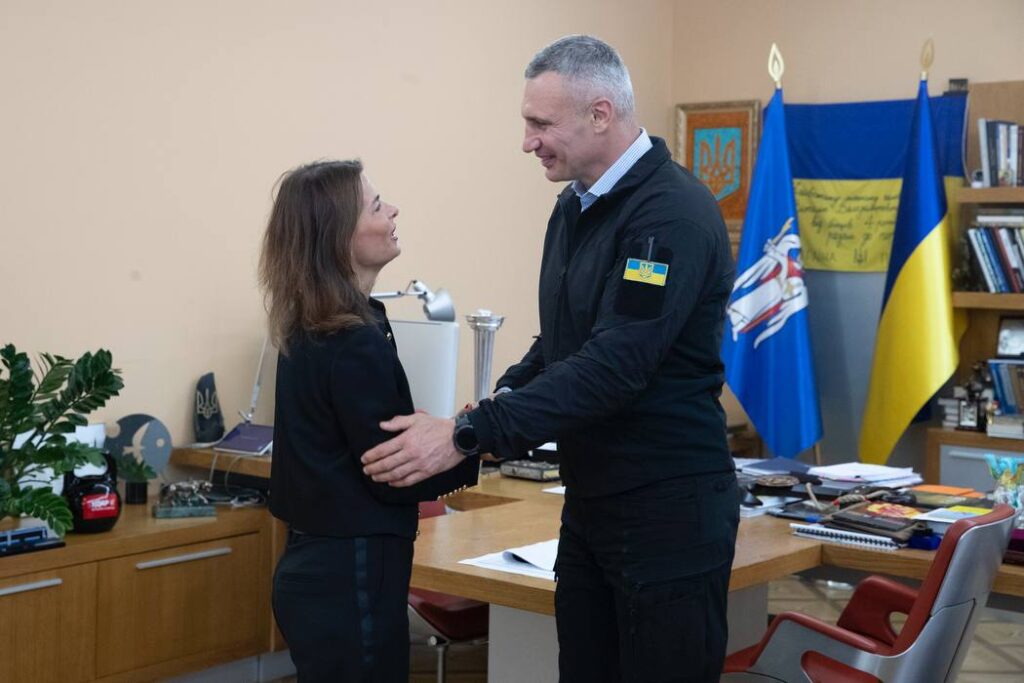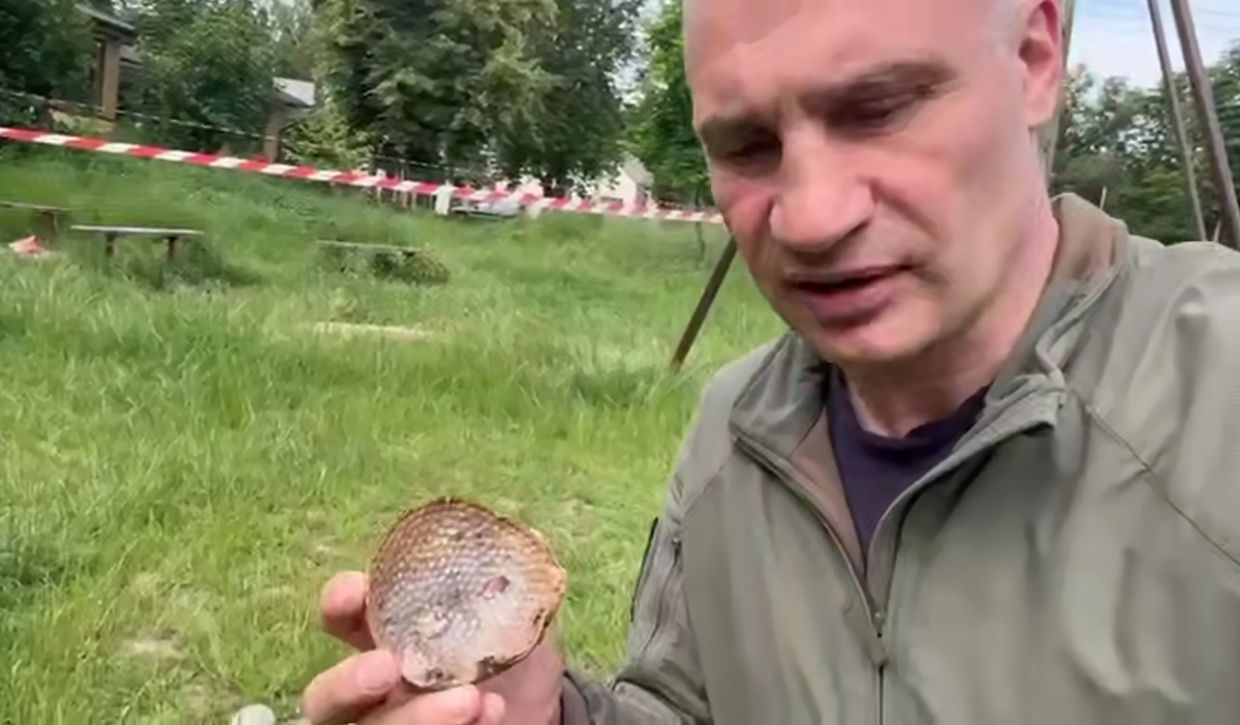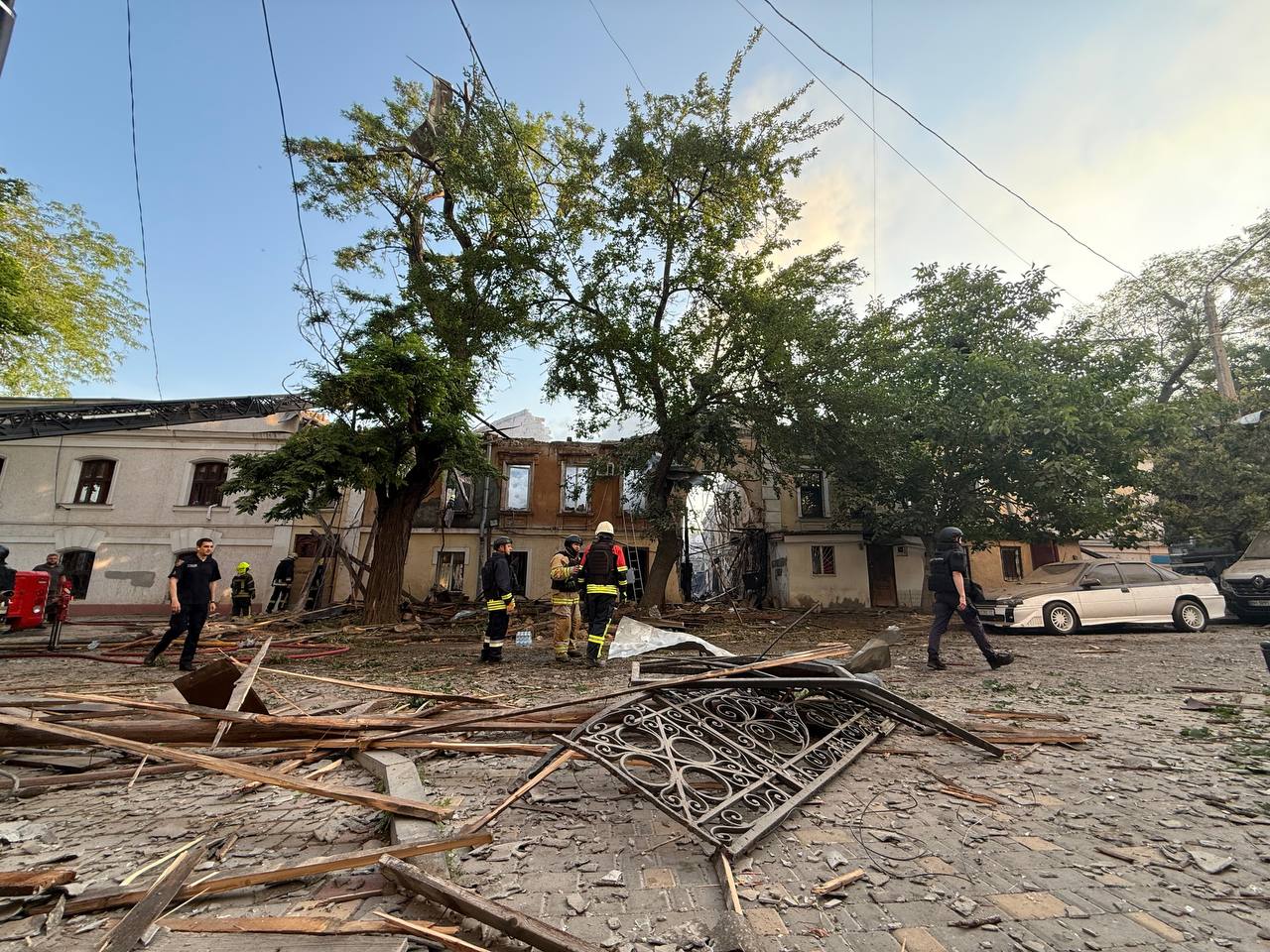Kyiv turns wartime digital playbook into AI city services with Google

Google has expanded its partnership with Kyiv to integrate AI-powered city services and accessibility data into Google Maps, as the tech company’s $45+ million Ukraine support program evolves beyond initial emergency response.
Kyiv Mayor Vitali Klitschko met with Google Europe Vice President Annette Kroeber-Riehl on 10 September to discuss integrating municipal data into the world’s most widely used mapping platform.
The partnership builds on Google’s three-year commitment that began with cybersecurity support following Russia’s invasion.
Kroeber-Riehl and Klitschko discussed integrating Kyiv’s accessibility route data and bomb shelter locations into Google Maps, using Google’s AI developments for transportation modeling and urban planning.
“We discussed possibilities for integrating municipal data on accessibility, barrier-free routes, shelters on Google Maps; using Google developments in the field of artificial intelligence for transport modeling and urban planning,” Klitschko posted on Telegram.
Kyiv’s digital transformation during wartime
Kyiv’s digital infrastructure has expanded dramatically since Russia’s invasion. The city’s Kyiv Digital app, launched in 2021, now serves 3.3 million users—nearly the entire adult population of Kyiv and surrounding areas—with 37 services.
The platform combines traditional city services like public transport tickets and parking payments with wartime necessities, including air raid alerts, bomb shelter locations, and information about available food and medical supplies.
During the meeting, Google representatives acknowledged the Ukrainian capital’s achievements in digitizing urban services, with Klitschko expressing interest in further bilateral cooperation between Kyiv and Google.
Google’s sustained Ukraine commitment
Since Russia’s invasion began in February 2022, Google has provided over $45 million in financial assistance and more than $10 million in technical solutions.
The company’s support includes 50,000 Google Workspace licenses for the Ukrainian government, expanded Project Shield protection against cyberattacks, and a $10 million startup fund running through 2025.
The partnership represents Google’s continued engagement with Ukraine as the war enters its fourth year, expanding from initial emergency cybersecurity support to long-term urban development projects.


